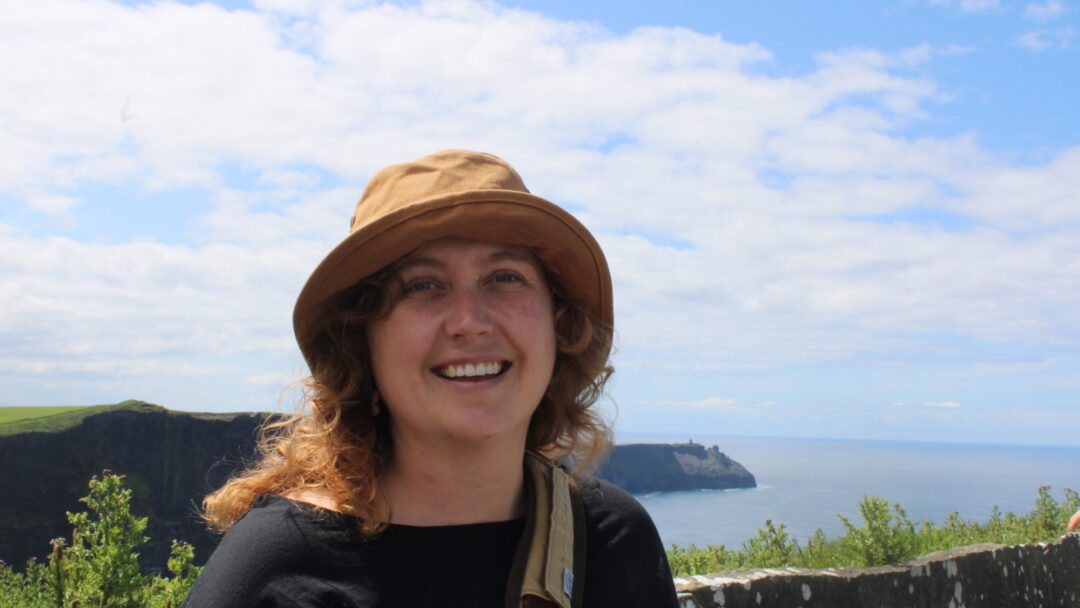News
Like most Australians, many in the disability community are living with the consequences of climate change. However, those with disability are often faced with higher rates of comorbidity as a direct result of rising temperatures, according to the recently released National Adaptation Plan.
As a survivor of the 2003 Canberra Bushfires, Eav Brennan understands how difficult it can be to manage additional health challenges.
Ms Brennan, who has Joint Hypermobility Syndrome and PTSD, is an environmental educator with a Masters in Environmental Science.
Ms Brennan argues that climate change poses a significant risk to people with disability, pointing out that they already experienced marginalisation and exclusion from society, which in turn heightens the risk of not having support.
Under climate change where communities are exposed, it's often disabled people that get left behind and fall through the cracks when those stresses are placed upon communities
Eav Brennan
The environmental advocate explains how the risk from climate related disasters is set to increase to moderate to high by 2050, effecting access to healthcare facilities, support systems and other government services.
“What we need to think about is things like crop failure in terms of both food and access to nutritious food, which is a struggle for a lot of disabled people,” the educator claims.
“Also for pharmaceutical crops, those disruptions are going to impact supply, how people can access medicine and whether or not they can get the medicine they need.”
Ms Brennan is urging the Federal Government and peak bodies to actively consult with the disability community. She argues that people with disability can produce solutions that will benefit all Australians, but only if all parties work together.
A spokesperson for the Assistant Minister for Climate Change & Energy, Josh Wilson, says the Government’s National Adaptation Plan sets a framework for coordinated adaptation that strengthens resilience in health, housing and social support system.
The National Adaptation Plan prioritises inclusive, place-based action to support communities disproportionately vulnerable to climate impacts, including people with disability.
Spokesperson for Josh Wilson
However, Ms Brennan argues that the disability community should be viewed as more than simply vulnerable members of society.
“There's a lot of talk about vulnerability, but disabled people are incredibly adaptive, strong and resilient,” she says. “We have skills that…are incredibly useful in the challenge of climate adaptation.”
Powerd Media also heard from a Spokesperson for the Minister of Emergency Management, Kristy McBain, who says the Disability Inclusive Emergency Management (DIEM) project, which provides nationally consistent guidance to support emergency planners in integrating disability inclusion in emergency planning, will address the heightened risk that people with disability face in emergencies.
“By ensuring they play an integral part in the conversation about disaster risk and planning for emergencies, we can build a resilient society where everyone is empowered and protected,” they say.
